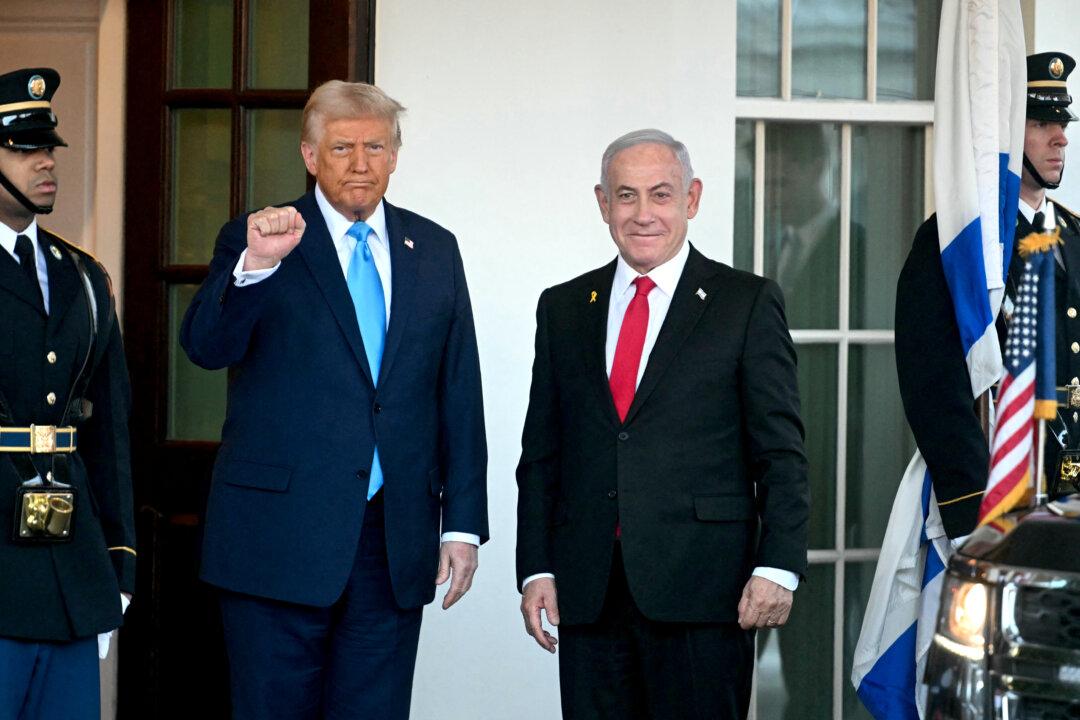Israel has announced it is eliminating all remaining tariffs on U.S. imports, hours before the Trump administration is set to implement sweeping reciprocal levies against its global trading partners.
The decision, revealed on Tuesday by Israeli officials, still requires final approval from Economy Minister Nir Barkat and the Parliament’s finance committee, though both are expected to support the measure.





